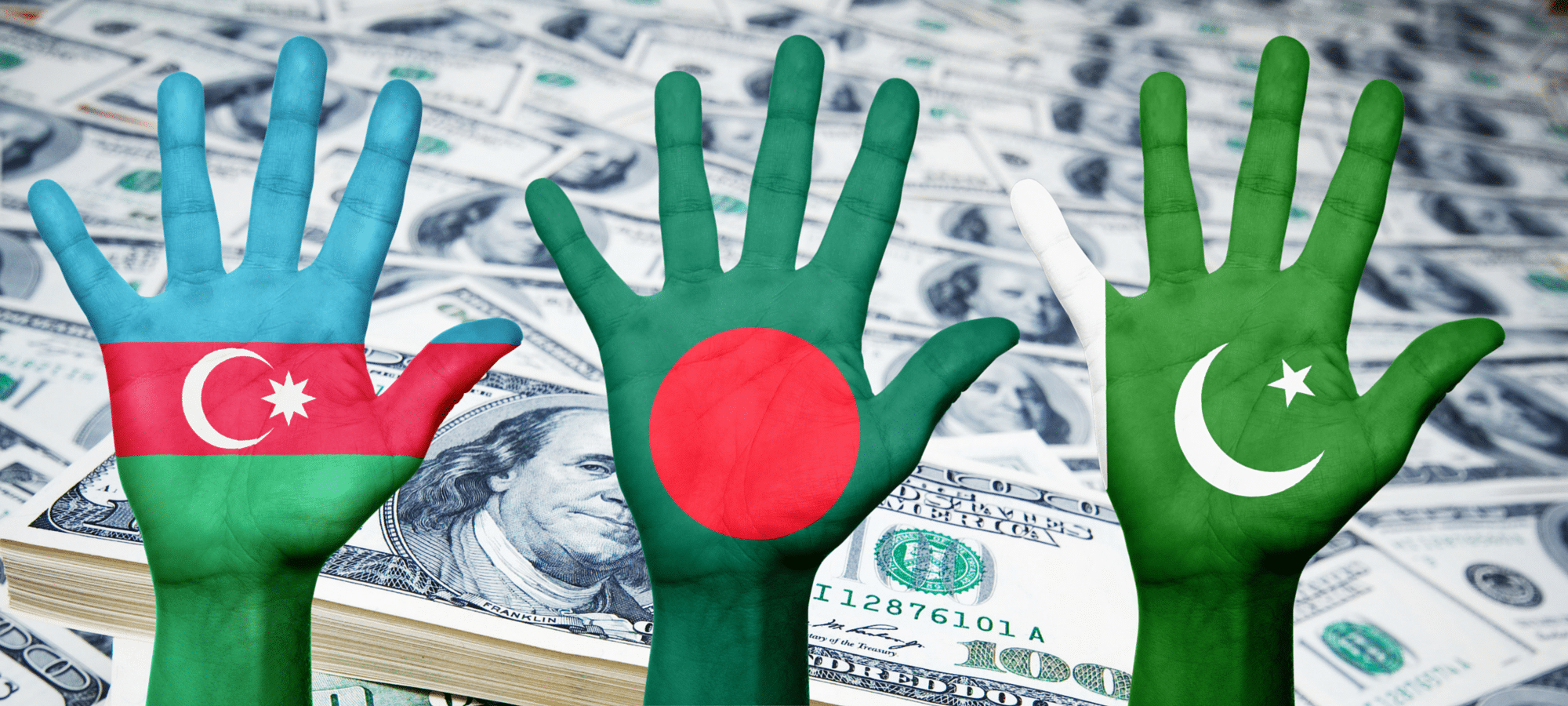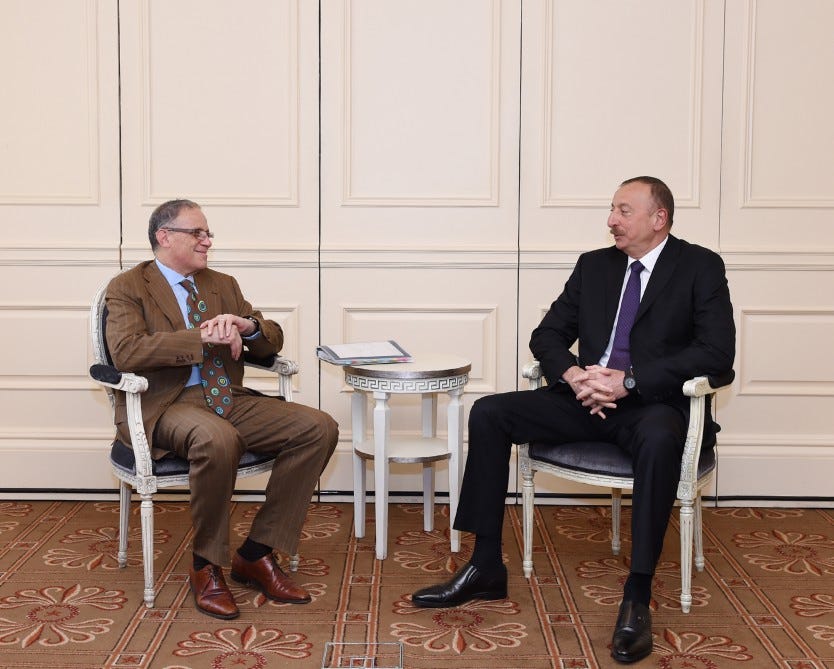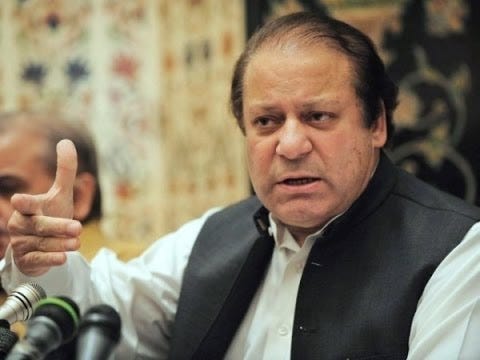- Blog
- Sustainable Economic Systems
- International Sustainable Finance
- Ex-Im Bank considers deals with corrupt governments
Ex-Im Bank considers deals with corrupt governments
by Kate DeAngelis, International Policy Analyst

Donate Now!
Your contribution will benefit Friends of the Earth.
Stay Informed
Thanks for your interest in Friends of the Earth. You can find information about us and get in touch the following ways:
The U.S. Export-Import Bank loves to remind us that it is not a development agency, and, therefore, is not held to the same requirements as say a development finance institution. Even still, some of the governments that the head of Ex-Im, Fred Hochberg, has recently been meeting with would be enough to give anyone pause. While Ex-Im Bank’s mission might not be to alleviate poverty, Friends of the Earth hopes that it would not use taxpayer dollars in countries where there have been serious concerns about freedom of the press, safety of their citizens and corruption. Considering that the bank has recently been in hot water for deaths that have occurred at projects it has financed, you would think it would want to be a little more careful with the countries it engages with. Here are a few examples of corrupt governments that Ex-Im has recently been communicating with:

Azerbaijan
First up is Azerbaijan — a country with a history of repressing the freedom of the press and leaders who financially benefit from their positions of power. Freedom House has ranked the press in Azerbaijan as “not free” with one of the worst scores possible, while Reporters Without Borders ranked Azerbaijan 163 out of 180 countries in terms of freedom of the press. One example is Khadija Ismayilova, an award-winning journalist who has been jailed since December 5, 2014 for speaking out against government corruption. The country has also been accused of military aggression against the Nagorno-Karabakh Republic region, including a four-day assault in April 2016. In addition to repression, Azerbaijani President Ilham Aliyev and his family members have been implicated in the Panama Papers, tying them to secret offshore companies with significant financial benefits.
None of this has stopped Chairman Hochberg from exploring possibilities to enhance cooperation between the U.S. and Azerbaijan. Hochberg is interestedin potentially financing electric power and gas projects, which could include projects to bring Azerbaijan’s gas to Europe, further entrenching fossil fuels at a time when the world must be transitioning to renewables. While in the U.S., Aliyev also met with General Electric — a major benefactor of Ex-Im Bank support. If that meeting went well, it is quite possible that Ex-Im could be supporting projects that lend credibility to a leader who stifles the press, encourages military aggression and profits from his power.

Bangladesh
One country that Ex-Im already heavily supports, but might want to think twice about, is Bangladesh. Bangladesh ranks in the bottom fifth of Transparency International’s corruption index. Editors in support of the opposition have also recently been arrested, threatening the freedom of the press. These issues have not stopped Ex-Im Bank from having a flourishing relationship with Bangladesh. Ex-Im has financed more in U.S. exports to Bangladesh than under any other previous U.S. administration. This strong partnership with Bangladesh looks slated to continue. Companies involved in two coal-fired power plants — near Dhaka and a UNESCO World Heritage Site — claim to have Ex-Im financing for the projects. Once again General Electric is involved in these projects, as GE now owns Alstom, the company that was initially contracted to provide the equipment. If Ex-Im supports these projects it will be a major step backwards from the burgeoning solar-powered homes movement that has been incredibly successful there.

Pakistan
Ex-Im Bank plans to also increase its involvement in Pakistan, which Hochberg said was based on the bank’s strong history in the country. Pakistan is another country that is plagued by corruption exposed by the Panama Papers, which potentially reveal that Prime Minister Nawaz Sharif’s family was laundering money. Pakistan also has a history of using excessive military force, most recently exemplified by attempts to tamper domestic dissent over land rights disputes. In addition, the country has seen a scary rise in the number of executions, which reached over 300 in 2015.
Hochberg hopes to finance energy projects and already has interest from oil and potentially other fossil fuel companies. Hochberg claims that this interest in the energy sector stems from the need to provide affordable energy access to improve healthcare and living standards, but large fossil fuel infrastructure and centralized power projects that Ex-Im often finances will do little to improve energy access.
